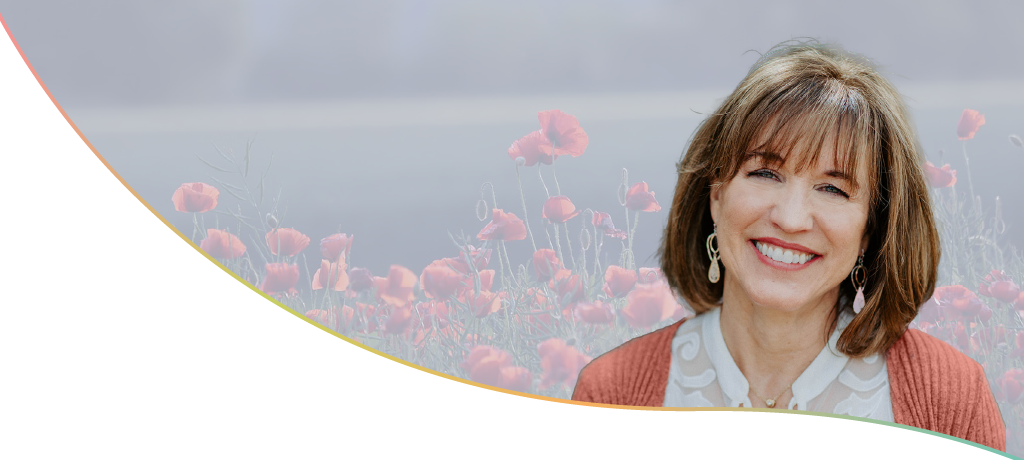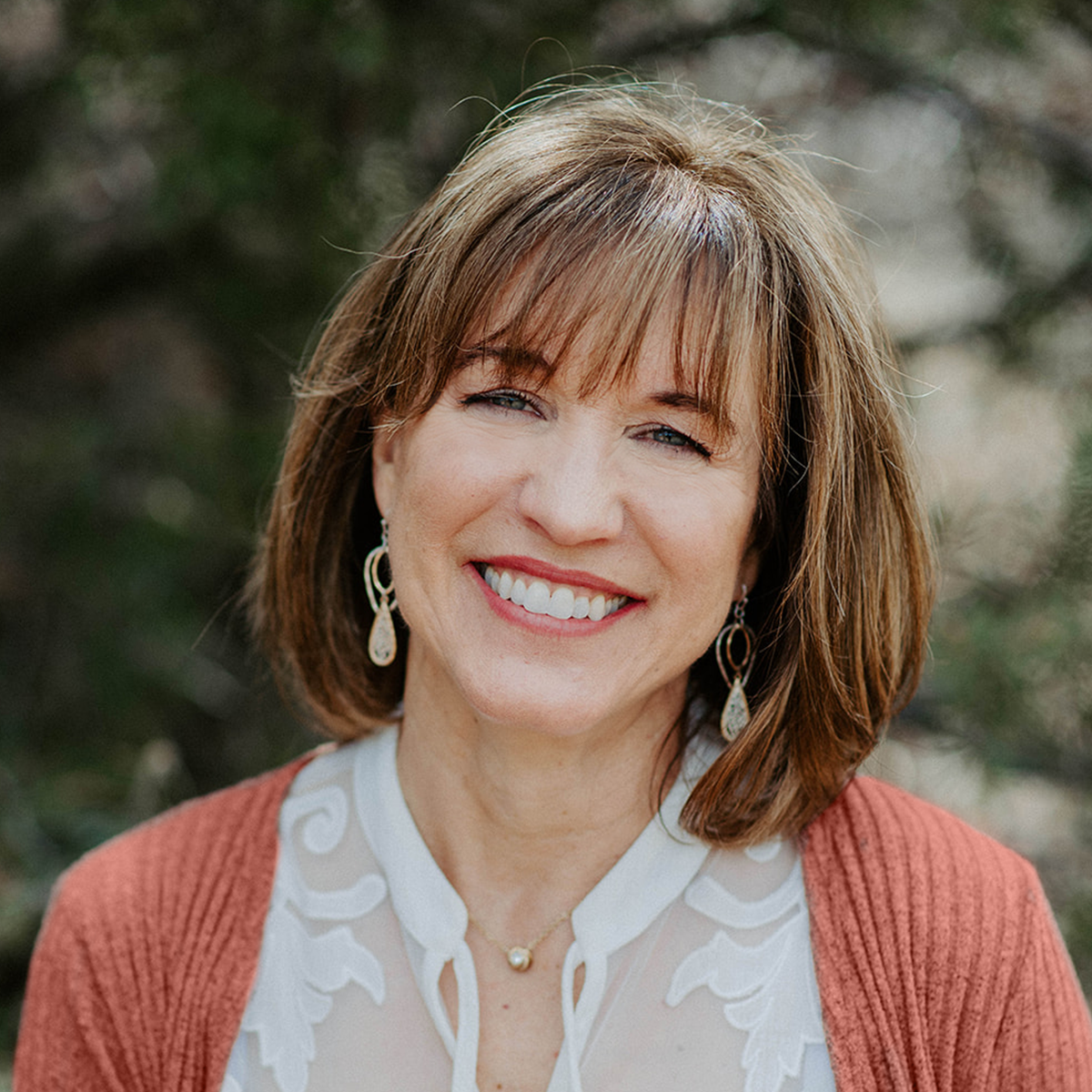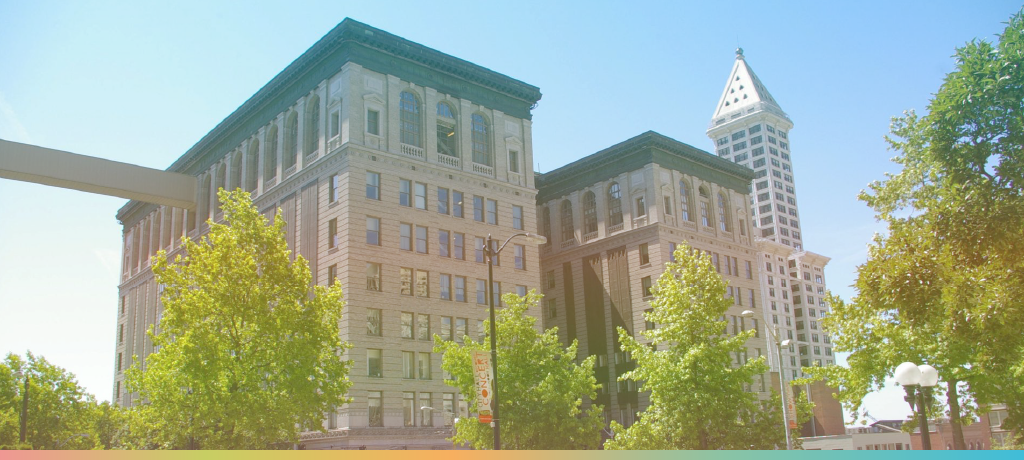Healing & Moving Forward
One of the biggest barriers to recovery is unresolved grief. Crystal explains that when grief is left unaddressed, it can hold people back:
“Unresolved grief keeps people emotionally tied to the past, making it difficult to envision a new future. It can manifest as fear of the unknown, difficulty trusting again, or being stuck in old patterns that no longer serve them.”
This often shows up as trouble making decisions, repeating unhealthy relationship dynamics, or struggling to trust. Recognizing these patterns is the first step toward change.
Divorce also shakes personal identity. Many people ask themselves, “Who am I outside of this marriage?” Crystal encourages self-reflection and rediscovery:
“You might feel like you’ve lost the person you were in the relationship, but that person can be rediscovered and even strengthened through healing.”
Signs that someone may benefit from structured grief support include:
-
Persistent sadness or anger
-
Feeling “stuck” emotionally
-
Difficulty envisioning a future
The Grief Recovery Method®, which Crystal specializes in, offers practical tools to release long-held pain and create space for healing.
❤️ Divorce & Physical Health
- Divorce or separation is linked to a 23% higher all-cause mortality rate long-term.
- Divorced individuals face a 20% higher risk of chronic illness (heart disease, diabetes, etc.).
- They are also 23% more likely to experience mobility limitations in later life.
- Health risks persist years after divorce, showing the impact of unresolved grief.






